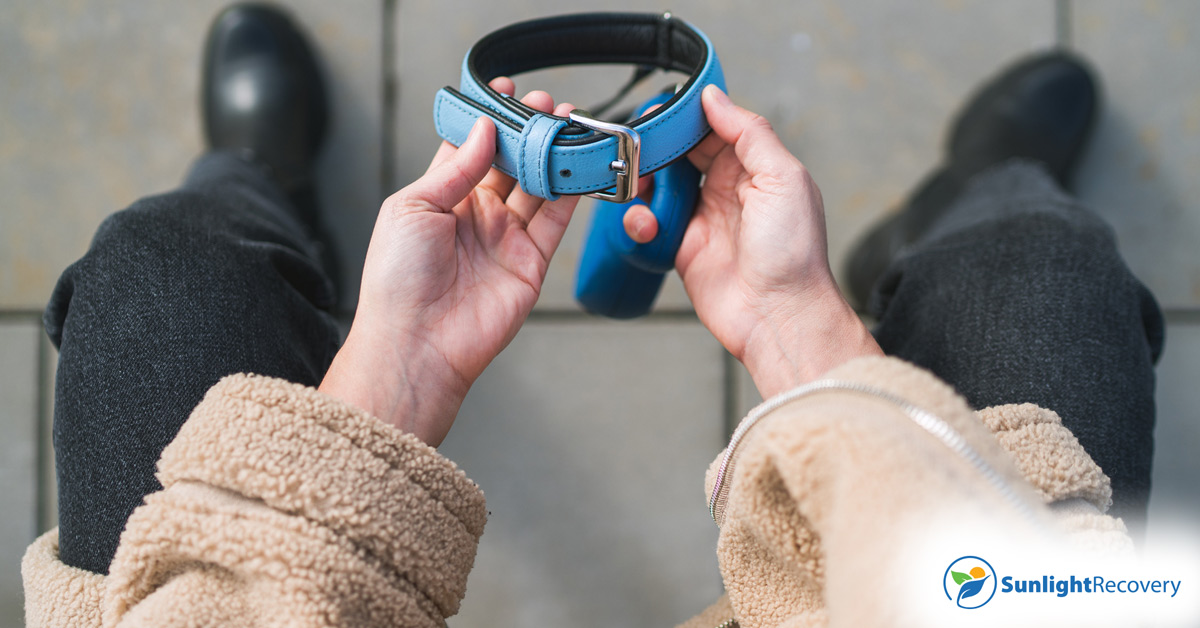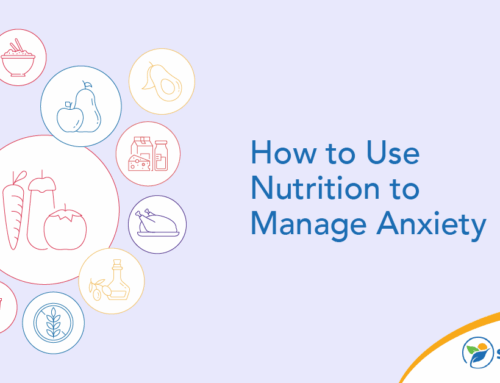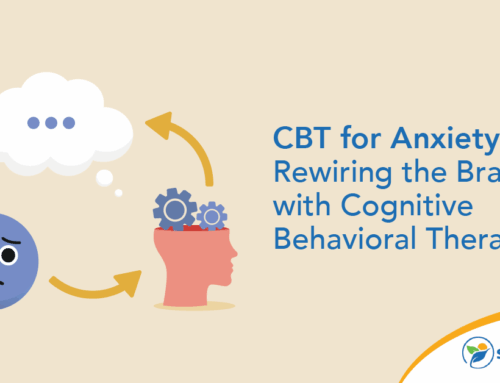Pets are furry, four-legged friends who often become cherished family members. The passing of a pet can be emotionally devastating, even when you’re prepared due to a lengthy illness. Researchers at the University of Hawaii found that nearly 4% of bereaved pet owners surveyed experienced complicated grief, a form of extreme, long-lasting grief that made it difficult to recover from the loss. Pet loss grief support may provide the assistance you need when coping with pet bereavement.
The Pet Grieving Process
Dogs and cats have shorter life spans than people, making pet loss an eventual outcome. However, you form a unique bond during the years spent with a pet. The stronger your attachment to your pet, the more pain and grief you may experience when you lose them.
It’s a natural reaction to feel sorrow after losing a dear pet that gave you unconditional love and companionship. Many have likened the experience to that of losing a family member or close friend. While others may not understand your grief, the Humane Society of the United States emphasizes that grieving over pet loss is normal and an important part of the healing process.
People deal with grief in various ways. Besides feeling sad, you may also experience anger or guilt. Intense sorrow may also lead to depression, which can impact your motivation and daily life. There’s no “right” way to grieve when mourning a deceased pet. It’s essential to recognize that everyone copes differently.
However, the grieving process often involves five stages: denial, anger, bargaining, sadness and acceptance. While you might swing back and forth between the first four stages, you can’t truly begin overcoming your grief until you reach the acceptance stage.
Strategies for Coping With Pet Bereavement
Allow yourself to grieve instead of bottling up your feelings. Whether you feel sad, angry or guilty, let those emotions out. It’s crucial to acknowledge and process everything you’re feeling to begin coping with pet bereavement. Strategies for navigating your grief include:
- Focus on good memories. Don’t dwell on your pet’s last days or moments and what you might have done differently. Instead, focus on the good times you shared.
- Write about your feelings. Journaling offers an outlet to express what you’re going through and how you’re feeling, which some people find therapeutic.
- Reach out to others. Talk to friends or family members who’ve experienced pet loss and can provide support and a sympathetic ear.
- Consider professional counseling. If there’s no one in your life who understands your grief, think about seeing a counselor or joining a pet loss grief support group.
- Be patient with yourself. Grieving is a process, and you must allow yourself time to heal at your own pace with patience and without setting a timeline for moving on.
- Prioritize self-care. Engage in activities that nourish your mind, body and spirit to keep you healthy, reduce stress and aid in healing, such as exercising, meditation, deep breathing exercises and eating well.
Honoring the memory of a beloved pet is another way to help you cope with their loss. It can also provide comfort and closure while keeping your pet’s memory alive. Consider these options:
- Hold a memorial. Organize a small ceremony where family and friends can share their favorite stories and celebrate your pet’s life.
- Spread their ashes. Consider spreading your pet’s ashes in a special place you shared, or create a designated space in your home to keep their ashes in a personalized urn.
- Construct a memory box. Place your pet’s collar, favorite toys and other mementos in a decorated box created for this purpose. Include pictures in or on the box to revisit as a comforting reminder of the joy your pet brought you.
- Create a photo album. Compile physical photos in an album to revisit happy times, or digitize these photos and post them in an online memorial for yourself and to share with others.
- Plant a living tribute. Plant a native tree, flowering shrub or garden full of perennials as a lasting memory dedicated to your pet.
- Customize a keepsake. Order or make a personalized item centered on your pet, such as engraved jewelry or a memorial item incorporating a portion of your pet’s ashes.
Seeking Pet Loss Grief Support
When losing a pet profoundly impacts your emotional well-being, seeking support isn’t just helpful; it’s necessary. Sometimes, family and friends may not understand how drastically the loss affected you. If you’re missing the support you need from those close to you, pet loss support groups and counseling may help you deal with the void left behind.
Counselors specializing in pet loss provide personalized guidance to help you navigate the grieving process. They offer coping techniques and assist in processing emotions. A therapist trained in pet loss grief can also help you find ways to remember your pet in a healthy, healing manner.
In-person or virtual pet loss support groups offer a compassionate space where you can share your feelings with others who’ve experienced similar losses. Individuals within these groups can empathize because they truly understand the depth of your loss. Sharing stories and coping strategies can help validate your grief and provide solace that aids healing.
Online communities, such as social media groups or forums related to pet loss grief, can provide additional support outlets. Like pet loss support groups, these communities can offer immense comfort during this difficult time. They may also offer opportunities to connect with others experiencing similar feelings of loss and provide a digital space to create a tribute to your pet.
Healing With Sunlight Recovery
Overcoming the loss of a cherished pet and companion is a deeply personal journey that requires self-compassion and patience. If you’re feeling overwhelmed and seeking coping strategies, we can help. Our compassionate team at Sunlight Recovery is available 24-7 to provide the support you need to navigate pet bereavement. Contact us today to start on your path toward healing.







